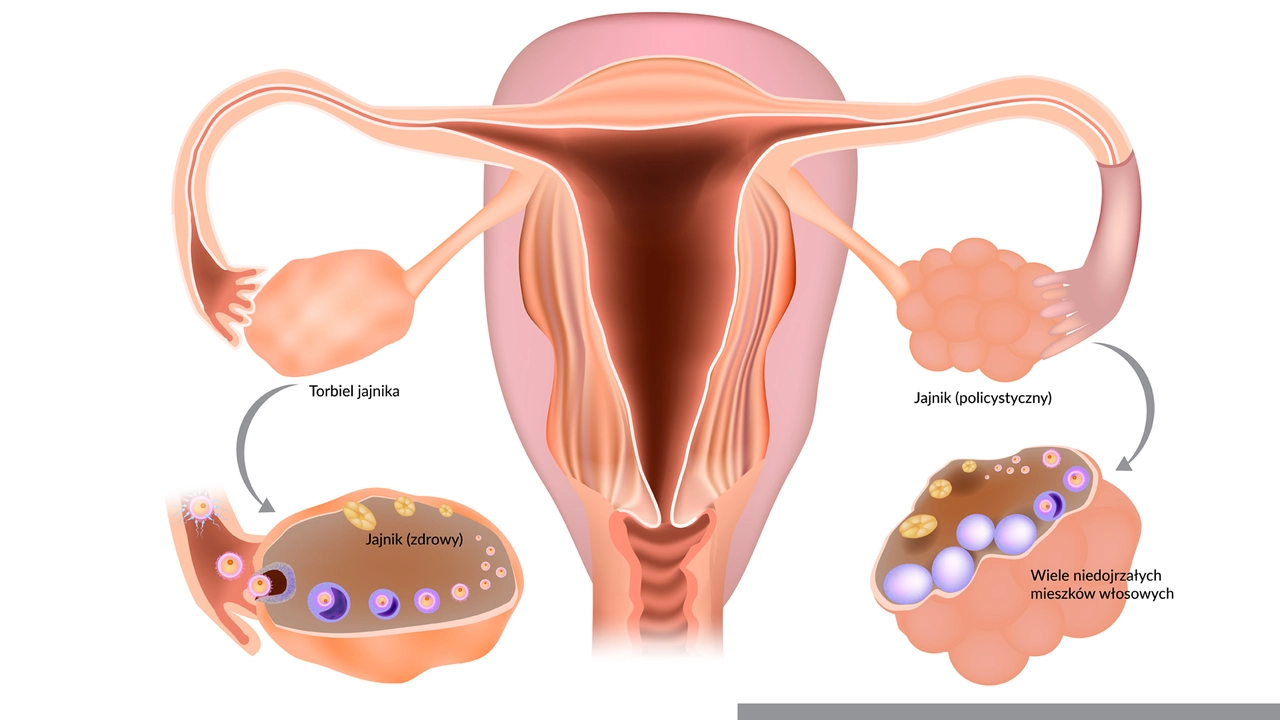Hormonal Imbalance – What It Is and How to Fix It
If you’ve felt tired for no reason, gained weight around the belly, or noticed mood swings that seem out of nowhere, hormones might be the culprit. Hormones are tiny chemicals that tell your body how to work, and when they’re off‑balance, everything from sleep to appetite can go sideways.
Common Symptoms You Might Notice
Typical signs include irregular periods, sudden hair loss, low libido, frequent headaches, or a hard‑to‑shake feeling of anxiety. Some people also report trouble focusing, unexplained cravings, or a drop in muscle strength. The key is that these symptoms show up together and don’t disappear with simple lifestyle changes.
How to Manage Hormonal Imbalance
The first step is getting tested. A basic blood panel can reveal levels of thyroid hormone, estrogen, progesterone, testosterone, cortisol, and insulin. Once you know what’s low or high, a doctor can suggest targeted treatment – sometimes a prescription, other times a supplement.
Beyond medication, simple habits help rebalance hormones. Aim for 7‑8 hours of sleep each night, keep stress in check with short walks or breathing exercises, and eat regular meals rich in protein, healthy fats, and fiber. Cutting back on sugary drinks and processed foods can prevent spikes in insulin that throw off other hormones.
Exercise matters too. Resistance training boosts testosterone and growth hormone, while moderate cardio supports thyroid function. Even a 20‑minute brisk walk three times a week makes a difference.
If you’re dealing with specific issues like PCOS, menopause, or thyroid problems, there are tailored options. For instance, low‑dose birth control can regulate menstrual cycles, and natural progesterone creams may ease night sweats. Always talk to a health professional before starting any new regimen.
Our site has articles on related topics – from how certain medications affect hormone levels to supplements that support endocrine health. Browse the “hormonal imbalance” tag for deeper dives into each condition and treatment option.
Bottom line: Hormonal imbalance isn’t something you have to live with forever. With proper testing, a balanced diet, regular movement, and professional guidance, you can get your hormones back on track and feel more like yourself again.


